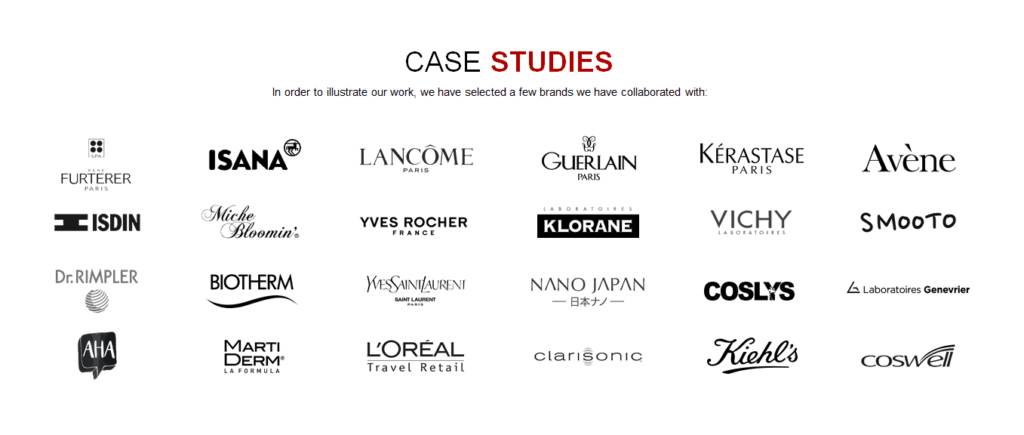China’s mandatory animal testing for cosmetics has hindered cruelty-free brands from entering the market. But with recent regulatory changes, ethical beauty brands can now expand their reach in this lucrative market. As a marketing manager, it’s important to understand these changes and capitalize on the potential business advantages.
In this blog post, we’ll explore the latest developments in China’s cruelty-free cosmetics industry and how your brand can take advantage of them. Read on to learn more!
The Cruelty-free Cosmetics Market In China
The cruelty-free cosmetics market in China is rapidly expanding, with a growing demand for ethical and sustainable beauty products.
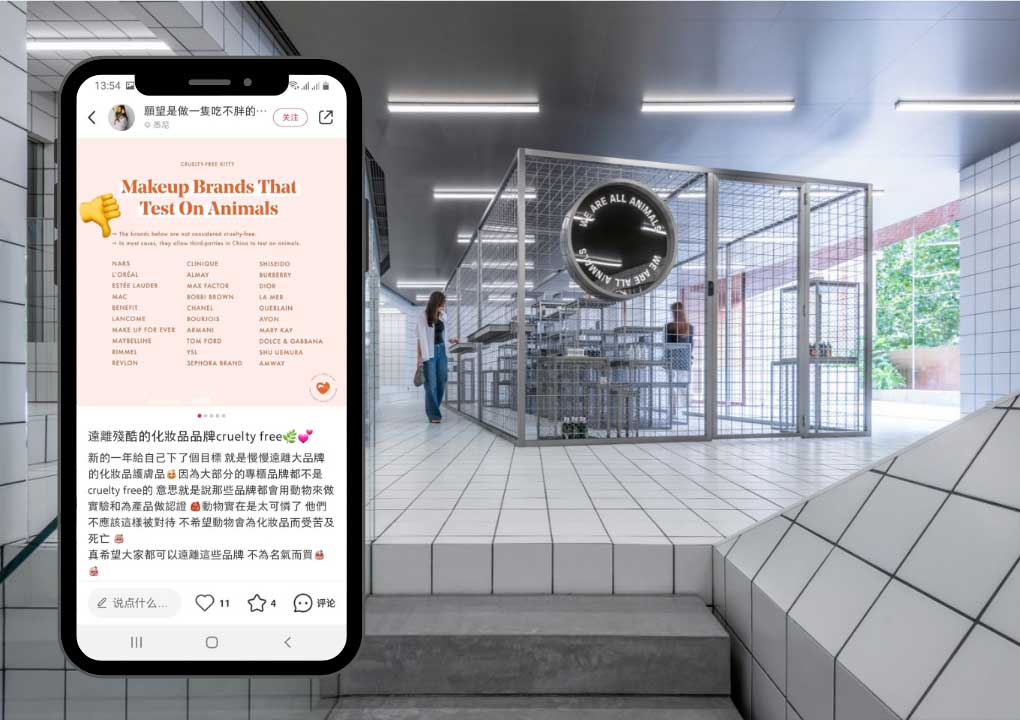
The market is valued at over 26 billion dollars and presents a great opportunity for marketing managers to tap into the rising consumer demand for ethical beauty products.
A pilot scheme allows cruelty-free products to be physically retailed without losing their Leaping Bunny certification. Pre-market cosmetic animal testing is no longer required for “ordinary” products with a GMP certificate since May 1, 2021.
Consumer Behavior And Demand For Cruelty-free Cosmetics
The demand for cruelty-free cosmetics is increasing due to growing awareness of animal welfare and environmental issues. Consumer attitudes and purchasing behaviors toward testing cosmetics are positively correlated with their level of environmental knowledge.
Companies can cater to this demand and tap into a potential market niche in China’s cosmetic industry by offering cruelty-free cosmetic products.
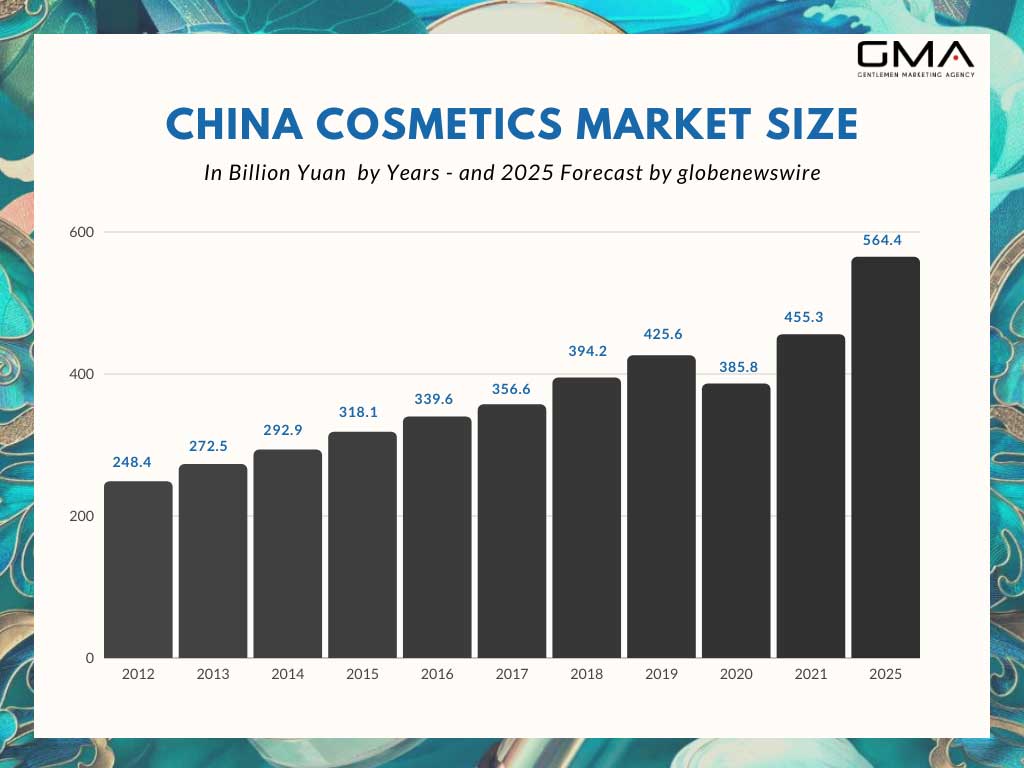
Competitors In The Chinese Market
The competition in the cruelty-free cosmetics market in China is increasing due to the growing demand. Domestic brands are strong competitors due to their loyal local consumer base and existing vegan or cruelty-free products.
Companies entering the market need a comprehensive marketing strategy to differentiate themselves from competitors and build brand awareness among Chinese consumers.
Marketing managers should be aware of the regulatory changes and market opportunities in the cruelty-free cosmetics industry in China. Although there is still mandatory animal testing for products manufactured outside China, domestically manufactured ordinary cosmetics are exempt from animal testing.
Despite challenges, selling cruelty-free cosmetics in China offers growth opportunities due to increasing consumer demand for ethical consumerism.
Partnering with local companies and using e-commerce platforms can help navigate cultural differences and comply with regulations.
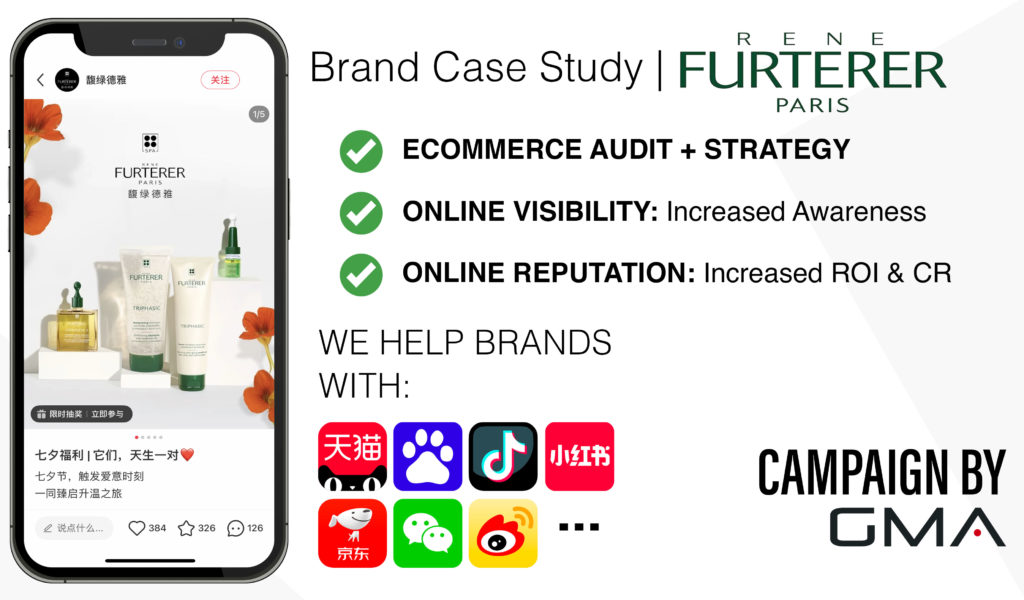
Requirements For Selling Cruelty-free Cosmetics In China
To sell cruelty-free cosmetics in China, companies must register, certify, restrict ingredients, and follow labeling/packaging rules.
Registration And Certification Process
Brands should be aware of the strict registration and certification process for selling cruelty-free cosmetics in China. Companies must submit a detailed application dossier to the NMPA, which includes information on safety, efficacy, testing methods, ingredients, manufacturing, and labeling.
After registration with NMPA, companies must obtain approval from China’s customs authority before importing products.
Companies should also consider to partnering with local distributors experienced in navigating regulations and cultural differences.
Ingredient Restrictions
Marketing managers should be aware of ingredient restrictions when selling cruelty-free cosmetics in China due to strict regulations on certain ingredients.
For example, some preservatives commonly used in Western countries may not meet the standards for safety and efficacy required by Chinese regulators.
However, new rules exempt imported general cosmetics from animal testing requirements starting May 1st, 2021, providing a major opportunity for hesitant companies to enter the Chinese market.
Labeling And Packaging Requirements

Labeling and packaging requirements need to comply with new cosmetic labeling regulations combating misleading product information. Companies must ensure their products are labeled correctly with clear and concise information about ingredients, usage instructions, and allergens.
Importers of general cosmetics can apply for exemptions from animal testing from May 1st under certain conditions, and imported ‘ordinary’ cosmetics will no longer require animal testing according to China’s new regulation.
This presents an excellent opportunity for companies producing cruelty-free cosmetics to enter the Chinese market.
Strategies For Selling Cruelty-free Cosmetics In China
Cruelty-free cosmetics brands can succeed in China by partnering with locals, using e-commerce, and effective marketing.
Partnering With Local Companies
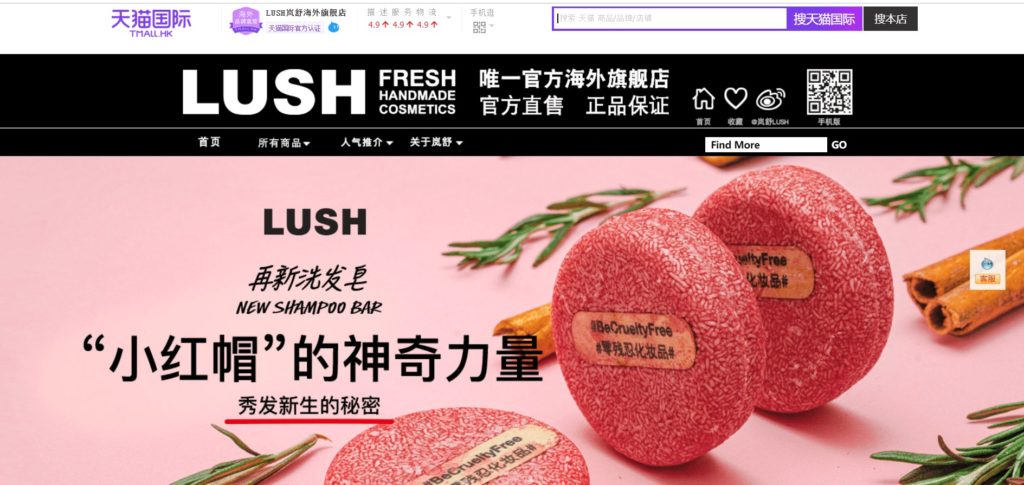
Partnering with local companies in China for cruelty-free cosmetics is an effective strategy. It helps overcome cultural barriers and regulatory compliance challenges. It also saves time and money by utilizing a company with experience in product registration and certification.
Additionally, partnering with a local manufacturer can ensure efficient supply chain management and reduce costs associated with transportation and import tariffs.
International brands have partnered with local companies to sell cruelty-free cosmetics in China. Lush Cosmetics partnered with Chinese e-commerce platforms and Estée Lauder collaborated with Alibaba’s Tmall Global platform to reach customers across China’s tier-one cities.
Using E-commerce Platforms
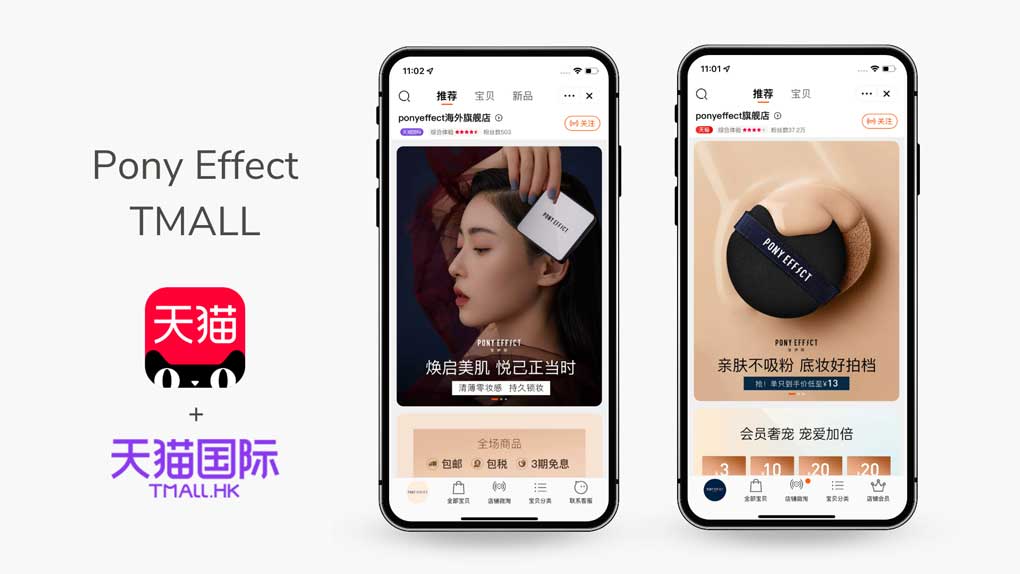
Cross-border e-commerce platforms are an effective way to sell cruelty-free cosmetics in China as they allow international brands to reach Chinese consumers without having to comply with certain registration and certification requirements.
Tmall Global, JD Worldwide, and Kaola are some of the most popular cross-border e-commerce platforms in China that offer a range of beauty products. Niche beauty brands can also leverage social media channels like WeChat and Xiaohongshu as marketing tools to reach younger audiences.
With cultures quickly converging together online due to social media use over different regions around the world including in Mainland China, it presents opportunities for businesses aiming at overcoming language barriers when trying to penetrate into foreign markets such as China’s lucrative but competitive cosmetic industry — which was valued at $60 billion.
Marketing And Branding Strategies
Partnering with local companies can help navigate the regulatory landscape and build trust with Chinese consumers.
E-commerce platforms like Tmall Global or JD Worldwide can help reach a wider audience by offering cross-border e-commerce services that allow brands to sell directly to consumers in China without having a physical presence there.
Selling cruelty-free cosmetics in China is challenging due to complex regulatory requirements, but post-market animal testing is no longer required for “ordinary” products with a GMP certificate.
However, cruelty-free certification and compliance with ingredient restrictions are still essential. Despite the challenges, careful planning and compliance can lead to increased revenue opportunities and brand exposure.
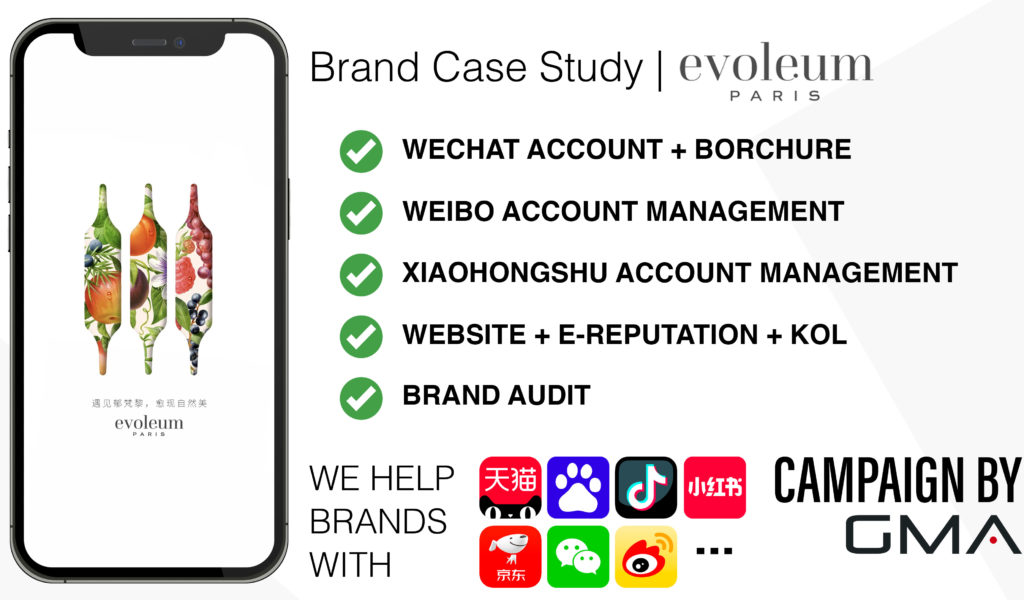
Challenges And Risks Of Selling Cruelty-free Cosmetics In China
Cultural differences and language barriers can hinder communication, while regulatory compliance requires meticulous adherence to ingredient restrictions and labeling rules.
Cultural Differences And Language Barriers
When marketing cruelty-free cosmetics in China, it’s important to consider cultural differences and language barriers. Skincare is viewed as important for overall health, and colors have specific meanings.
Understanding these nuances can help create effective branding and messaging to connect with consumers in the Chinese market.
For example, certain colors have meanings in Chinese culture (e.g., red represents luck and happiness), so understanding color psychology can help you create effective packaging and branding materials.
Regulatory Compliance
Marketing managers must understand the regulations set by the National Medical Products Administration (NMPA) when selling cruelty-free cosmetics in China. Compliance with ingredient restrictions, labeling and packaging requirements, and pre/post-market management is crucial to avoid penalties or product recalls.
Recent changes in animal testing requirements for imported ‘ordinary’ cosmetics produced outside of China may allow non-animal alternative sources of data for safety assessments.
Manufacturers within certain specific areas of China under “non-specialized” categories of cosmetic production processes may also not require toxicological testing. Despite the challenges, there are opportunities for brands to comply with local regulations when selling cruelty-free cosmetics in China.
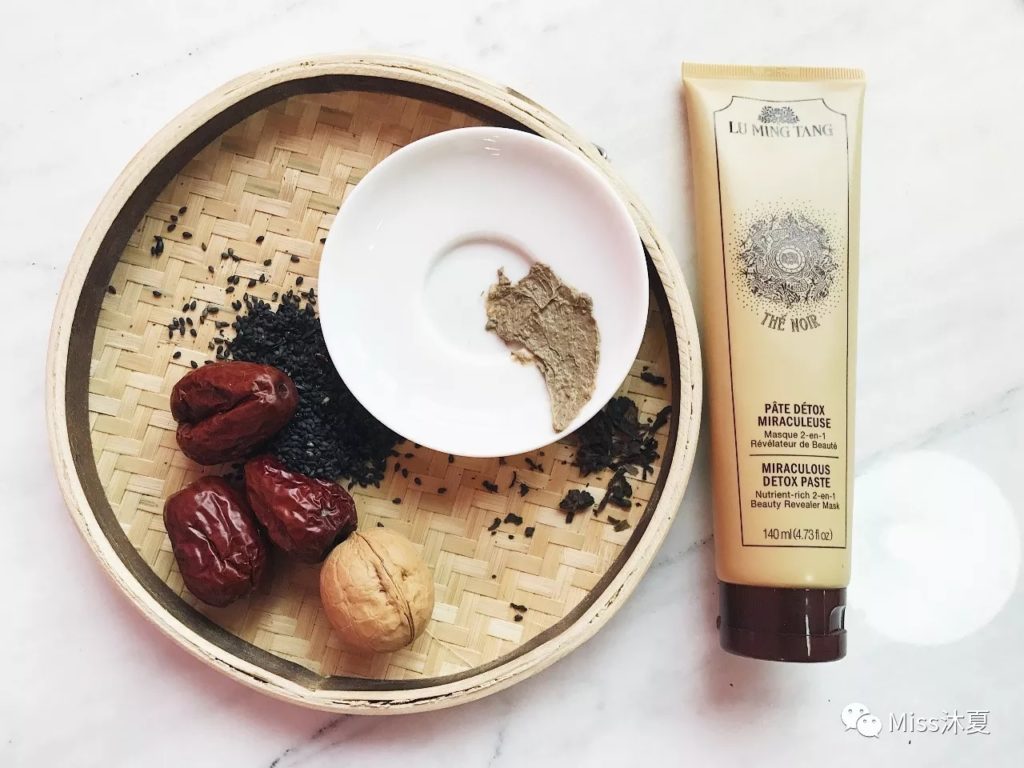
Intellectual Property Protection
Protecting intellectual property and confidential information is crucial when you sell in China cruelty-free cosmetics due to the prevalence of counterfeiters and the need to safeguard trade secrets through NDAs.
Marketing managers should be aware of the regulatory landscape for cruelty-free cosmetics in China, including recent changes that allow domestically-manufactured products with a GMP certificate to enter the market without pre-market animal testing.
Companies must navigate registration, certification, ingredient restrictions, and packaging requirements, and may benefit from partnering with local companies or using e-commerce platforms. However, there are risks associated with unfamiliar regulations and intellectual property issues.
We can help you to sell cruelty-free products in China! Contact us!
In conclusion, the evolving regulatory landscape in China’s cosmetics market provides a great opportunity for cruelty-free brands to meet the growing demand for clean beauty products.
However, successfully navigating this complex and ever-changing market requires careful planning and strategic partnerships with local companies.
To expand internationally, it’s essential to understand the opportunities and potential for growth in the Chinese market. The recent changes in animal testing regulations offer exciting possibilities for clean beauty brands looking to enter China without compromising their ethical values.

Over more than 10 years we worked with many different beauty companies on different marketing strategies. Our team of Chinese and foreign experts has the experience and know-how needed to succeed in the Chinese market. Now it’s time for you!
